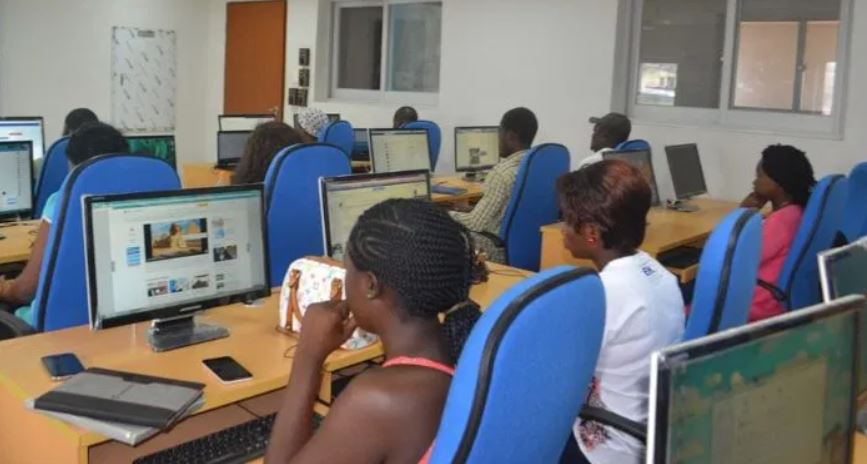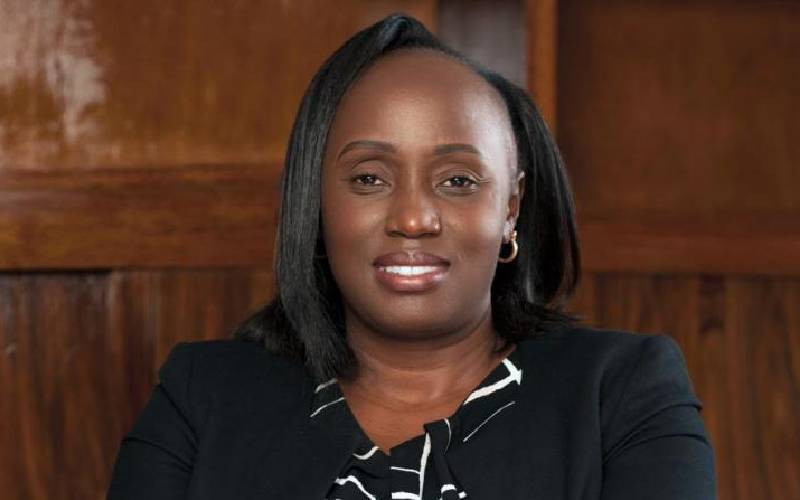
Yesterday the world celebrated International Women's Day, a day traditionally set aside for observing the social, economic, cultural and political achievements of women. For Africa, and for the ICT community in the continent, this day provides the opportunity for reflection and the possibility of grounding our shared aspirations especially now that the world shifts focus to the Fourth Industrial Revolution.
Today, women are increasingly involved in roles that are shaping ICT in Africa, including in emerging and developing areas such as genetics, artificial intelligence, robotics, nanotechnology and biotechnology. The question therefore becomes; what does the future hold for women in ICT in Africa? Our continent has for a long time been dogged by a culture that has downplayed the role and potential of women, often not fully believing in their capacity to be productive in vital decision-making situations. This has denied us the opportunity to exhaust and fully benefit from some of the greatest talents that have been suffocated by the gender-based balkanisation and discrimination of women.
As such, there has always existed the need to build a strong mindset, through policies and frameworks, within communities and institutions, that seek to level the playing field for men and women in Africa. Bodies mandated to accelerate the development of telecommunications/ICTs in Africa must continue to set the pace for promoting gender equity in the ICT space by promoting an enabling environment for the development and sustainability of digital economies. The active participation of women in ICT growth and development hence becomes key.
Today many ICT institutions are leading by example, with many countries today either having their ministries of ICT or their ICT regulatory authorities headed by women. These include Kenya, Namibia, Angola, South Africa, Benin, Rwanda, Cameroon, Senegal and Uganda, among others.
Such institutions can go further by only participating in panels or discussions where women are adequately represented. We must make a conscious effort to ensure that all our decision-making meetings, committees, working groups and task teams have no less than a third of women in their representation.
This year’s theme for the International Women's Day, Choose to Challenge, points to the reality of what needs to be prioritised today. The idea of ‘choosing to challenge’, calls out gender bias and inequality at a time we celebrate women's achievements across the continent. It is projected, according to the Global Challenge Insight Report of the World Economic Forum, that 90 per cent of future jobs will require ICT skills. The report, which focuses on the Fourth Industrial Revolution, with regard to the future of jobs, skills and workforce strategy, is indicative of the need to promote gender equity more urgently now than before.
The truth, in any case, is that even if all positions were to be occupied by any single gender in the future, a deficit would still surface, consequently making it imperative for us to build a strong-room where gender parity can be effectively guarded. We must make it our primary responsibility to facilitate women in ICT to occupy high skill-level positions, have representation in decision-making within the sector, gain access to education and training as well as investment and entrepreneurship funds, and all other possible opportunities that exist, without the disadvantage of gender-motivated stereotyping.
This will lay the groundwork for the actualisation of Sustainable Development Goal 5, as adopted by the United Nations, and which calls for gender equality and the empowerment of women, with a specific target on utilising technology and ICTs to realise women and girls' empowerment. We look forward to a successful International Women's Day where all persons, men and women, join together to celebrate women and provoke the creation of an equitable environment that guarantees the success of our continent.
The writer, John OMO, is the Secretary-General of African Telecommunications Union.
 The Standard Group Plc is a multi-media organization with investments in media
platforms spanning newspaper print operations, television, radio broadcasting,
digital and online services. The Standard Group is recognized as a leading
multi-media house in Kenya with a key influence in matters of national and
international interest.
The Standard Group Plc is a multi-media organization with investments in media
platforms spanning newspaper print operations, television, radio broadcasting,
digital and online services. The Standard Group is recognized as a leading
multi-media house in Kenya with a key influence in matters of national and
international interest.
 The Standard Group Plc is a multi-media organization with investments in media
platforms spanning newspaper print operations, television, radio broadcasting,
digital and online services. The Standard Group is recognized as a leading
multi-media house in Kenya with a key influence in matters of national and
international interest.
The Standard Group Plc is a multi-media organization with investments in media
platforms spanning newspaper print operations, television, radio broadcasting,
digital and online services. The Standard Group is recognized as a leading
multi-media house in Kenya with a key influence in matters of national and
international interest.










